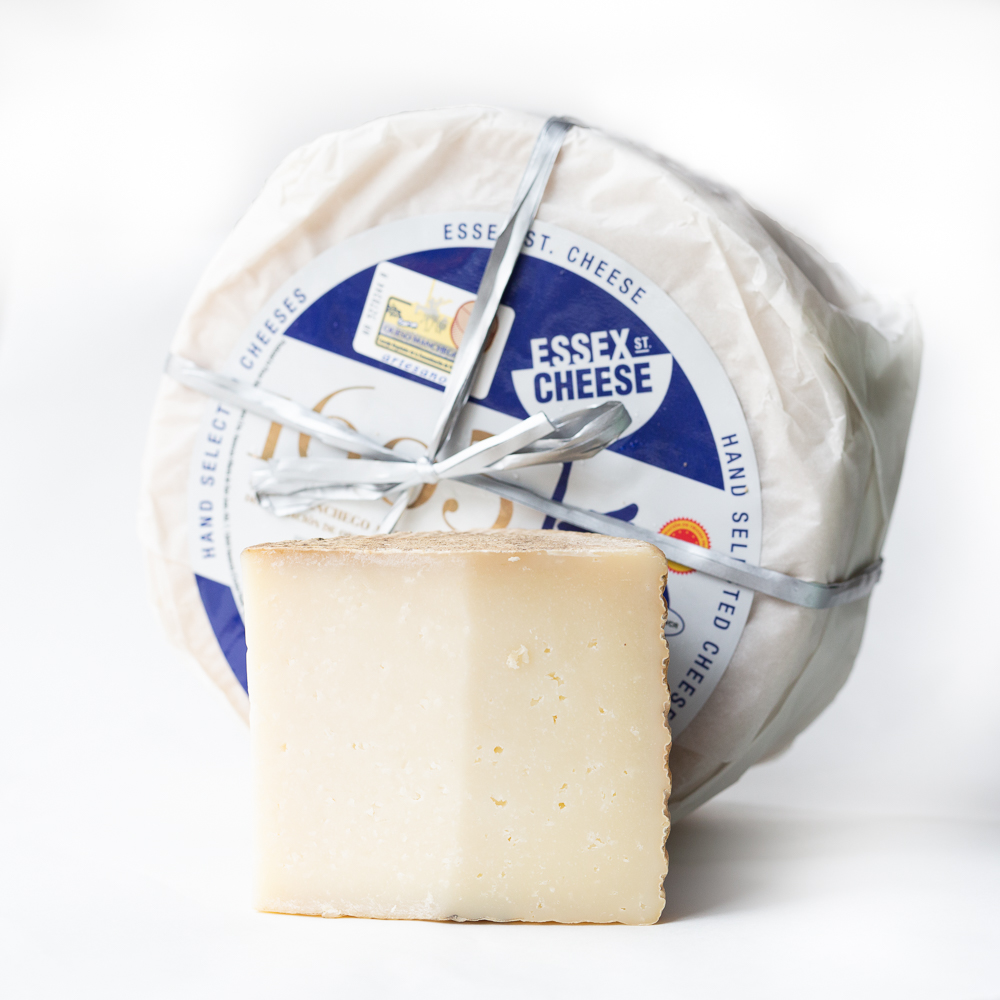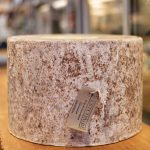Excerpt from Ari’s Top 5 enews
The cheese of Don Quixote at the Deli
 Back in 1982 when we opened the Deli, Manchego cheese from Spain was almost impossible to find in the U.S. Today, it’s readily available in specialty shops. That said, it’s important to know that there’s as much variation in quality and flavor amongst Manchegos as there is with American cheddar. You can buy everything from inexpensive, mass market Manchegos to small amounts of this marvelous, traditionally made, complexly flavored, farmstead Manchego from Finca Sierra de la Solana.
Back in 1982 when we opened the Deli, Manchego cheese from Spain was almost impossible to find in the U.S. Today, it’s readily available in specialty shops. That said, it’s important to know that there’s as much variation in quality and flavor amongst Manchegos as there is with American cheddar. You can buy everything from inexpensive, mass market Manchegos to small amounts of this marvelous, traditionally made, complexly flavored, farmstead Manchego from Finca Sierra de la Solana.
If you go to Spain, you’ll find the farmstead roughly 90 minutes south of Madrid, on the road to Grenada and ultimately the Mediterranean coast. There’s been farming and cheesemaking happening on the land for about a century and a half—the family at Finca Sierra de La Solana started growing grapes and almonds about 15 years after the Turzun tea garden was getting going. By the time they started in the middle of the 19th century, Manchego cheese was already many hundreds of years old. Cervantes referenced it in Don Quixote in the early years of the 17th century.
Maria José Gonzalez grew up in a farm family and went to school to study wine but ended up falling in love with a different form of fermentation—she became a cheesemaker. The Manchego from the Finca Sierra de la Solana is made from the milk of a single herd of Mancha sheep, the feed for whom is grown right on the farm. The cheese is perfectly aged in an unwaxed rind which allows just the right amount of moisture to escape and creates a crumbly-melt-in-your-mouth texture. The milk is unpasteurized to protect its lovely complex flavor. The Manchego is remarkably clean in flavor—exceptional for a raw milk sheep cheese, with hints of almonds and herbs. The meatiness that’s a hallmark of sheep milk cheese shines through, and there’s none of the bitterness or off-flavors that can mar so many lesser Manchegos. Serve it at room temperature as a “tapa” before dinner, grate it onto pasta or salad, put some on a ham sandwich, or pack it for picnics (the long aging means it can hold up to the heat—it’s 95°F in central Spain today).
The Manchego is also marvelous with Membrillo, the traditional quince paste the Spaniards love so much. The sweet and savory make a near perfect pairing. All of which got me thinking that the Manchego would be amazing with the American Spoon’s superb Leelanau Peninsula Apricot preserves. My friend Lex Alexander in North Carolina who’s studied the subject for decades always tells me that apricot is the hardest fruit to successfully make jam from. American Spoon has set the standard for everyone else and it’s a wonderful match with the Manchego!




